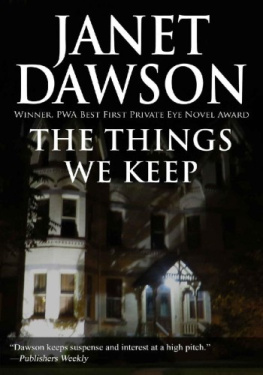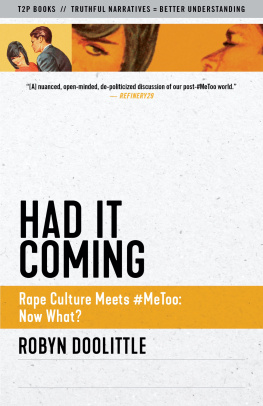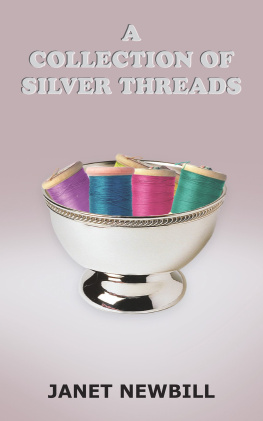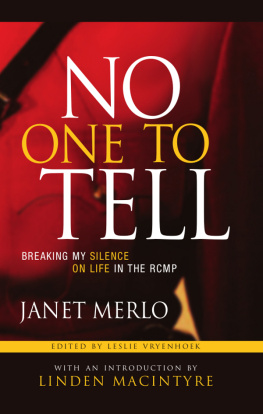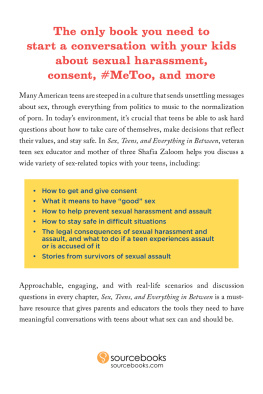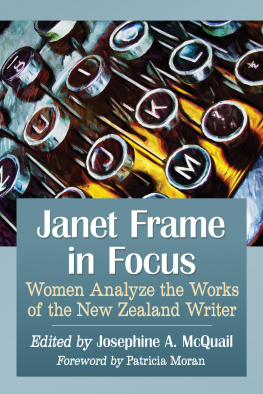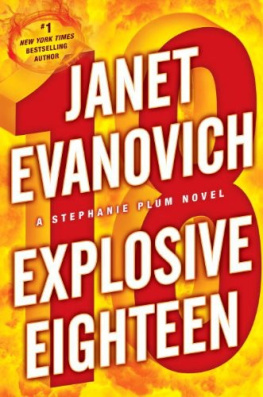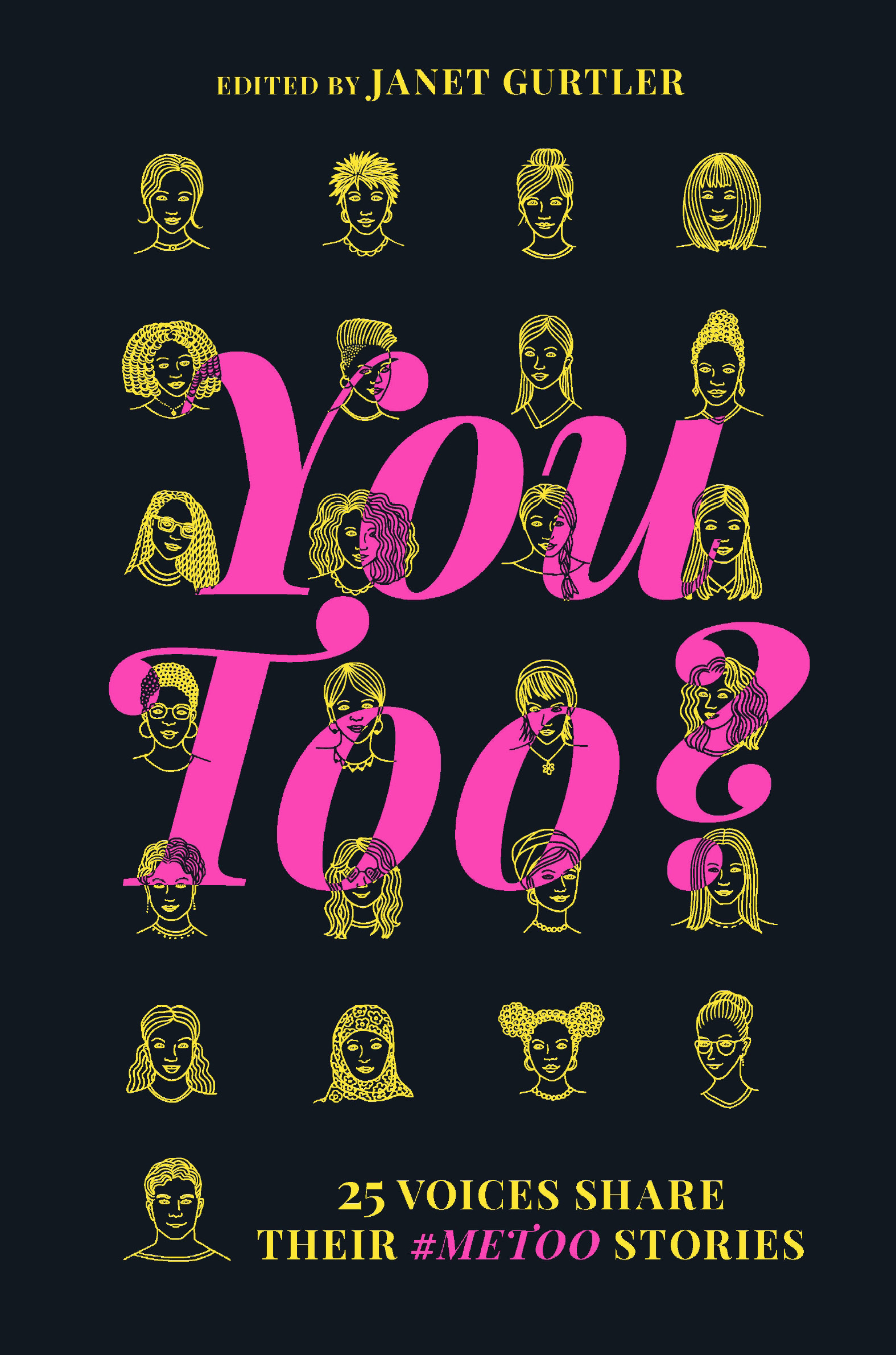
A timely and heartfelt collection of essays inspired by the #MeToo movement, edited by acclaimed author Janet Gurtler. Featuring Beth Revis, Mackenzi Lee, Ellen Hopkins, Saundra Mitchell, Jennifer Brown, Cheryl Rainfield and many more.
When #MeToo went viral, Janet Gurtler was among the millions of people who began to reflect on her past experiences. Things she had reluctantly acceptedmale classmates groping her at recess, harassment at workcame back to her in startling clarity. She needed teens to know what she had not: that no young person should be subject to sexual assault, or made to feel unsafe, less than or degraded.
You Too? was born out of that need. By turns thoughtful and explosive, these personal stories encompass a wide range of experiences and serve as a reminder to readers that they, too, have a voice worthy of being heardand that only by listening and working together can we create change.
Maybe someone else is blaming you. Or making you
afraid to tell. Maybe it feels like your problem is too small
to worry about, or too big to do anything about...
Featuring stories from:
Patty Blount
Jennifer Brown
Tiffany Brownlee
Jess Capelle
Kenna Clifford
Eva Darrows
Dana L. Davis
Ronni Davis
Natasha Deen
Nicolas DiDomizio
Namina Forna
Jenna Glass
Janet Gurtler
Teri Hall
Ellen Hopkins
Mackenzi Lee
Saundra Mitchell
Ali Novak
Eve Porinchak
Cheryl Rainfield
Beth Revis
Andrea L. Rogers
Lulabel Seitz
Mischa Thrace
Amy Zhang
YOU TOO?
EDITED BY
Janet Gurtler

RITA Award finalist Janet Gurtler is the author of acclaimed young adult fiction, including Im Not Her and 16 Things I Thought Were True , which was a Junior Library Guild selection and was chosen as a Best Book for Teens by the Canadian Childrens Book Centre. Janet lives in Calgary, Alberta, near the Canadian Rocky Mountains, with her husband and son and a fat Chihuahua named Bruce, who refuses to eat dog food.
www.Janet-Gurtler.com
For everyone out there who needs a hug.
I know theres a person who wants to give you one.
I hope you find each other.
Contents
Introduction:
by Patty Blount
by Jennifer Brown
by Tiffany Brownlee
by Jess Capelle
by Kenna Clifford
by Eva Darrows
by Dana L. Davis
by Ronni Davis
by Natasha Deen
by Nicolas DiDomizio
by Namina Forna
by Jenna Glass
by Janet Gurtler
by Teri Hall
by Ellen Hopkins
by Mackenzi Lee
by Saundra Mitchell
by Ali Novak
by Eve Porinchak
by Cheryl Rainfield
by Beth Revis
by Andrea L. Rogers
by Lulabel Seitz
by Mischa Thrace
by Amy Zhang
You Too?
I n 2018, #MeToo stories began exploding across my social media feed, bringing back memories of the harassment I experienced as a young woman coming of age in the late seventies and early eighties. In addition to big hair and terrible clothing choices, I grew up believing that the womens movement had already happened. In North America, the Pill had become legal for single women in addition to those who were married. Many women were stepping out of the kitchen, beginning to make livings on their own. Gloria Steinem, a well-known feminist, was famously attributed with saying that women needed a man like a fish needed a bicycle (although she later clarified it was Irina Dunn who said it first). Glass ceilings for women were acknowledged and sometimesthough not oftenshattered. Helen Gurely Brown, the editor of Cosmopolitan magazine, wrote a book about women Having It All, which fed the illusion that women could have it all. That they should.
There was also an illusion that women were finally being treated equally to men. And yet, even in spite of all this progression, I knowingly accepted less money because of my gender, and I was perfectly okay with it. I thought I didnt deserve to ask for more. I didnt want to ruffle feathers. So I listened to sexist jokes. Racist jokes. When I was harassed, I was a good sport about it.
And I didnt speak up.
For years, I kept silent, learning to smile and play nice. But as more and more women came forward to tell their #MeToo stories, a burning fire began to ignite within me, a fire fueled by anger and empathyuntil one evening, when I found myself ranting at my husband and teenage son at the dinner table, I finally realized how passionate I felt.
I told them some of the things I went through as a teenager, knowing they couldnt possibly understand the scope of what happens to women all the time, or why this flood of #MeToo stories made me so upset. As I shared my own stories, I discovered that my son truly believed his world was not one where women were still paid less than men. Or were harassed for being women. To him, such injustice was a part of my lifetime and his grandparents lifetimes, something long past.
I may have scoffed at him. Perhaps not kindly.
He didnt see the truthnot because he is a bad person, or because he didnt want to see it, but because he had not been properly shown.
I knew then that I needed to do a better job. As a mother, I needed to show him the truth about the world we live in. I needed to share my storiesand not just with my husband and son, but with anyone who would listen.
That conversation with my son made me realize I wanted to take action. I wanted to share #MeToo stories with other young people like him, so they could see where we were, and how far we still need to go to make this world a kinder, more just place for our children.
Im not an expert; I hold no degrees in psychology or human behavior. I cant offer professional help, and I acknowledge that, as a white woman, I am speaking from a place of privilege. I am also becoming one of the older generation now, and sometimes I use outdated terms and think in old ways. Ive been called out and challenged to look at the things I say and think about how my wording might marginalize some groups of people. I often make mistakes, though I am trying to do better.
But one thing I do know for certain is that we need to stand together. To protect each other. To amplify the voices of those who are so often robbed of their ability to speak. There are still many #MeToo fights to be foughtand we need to fight them together.
So I set out to collect stories from a diverse group of writers who were willing to share their personal encountersstories that have now found a home within the pages of this book. There are a range of experiences here, though not nearly enough. There are many other stories to be heardfrom women and men, since harassment and abuse are certainly not exclusive to females. Ive heard from men who were robbed of their virginity at an early age, by other men and by women. Men who were forced into sex because their physical response to stimulation was taken as consent. Men who feared talking about what happened to them, or speaking about how much it affected and hurt them. Because theyd been taught that men should always want sex.
We need to hear their truths, too.
As you read the stories in this book, it will become obvious that the world is not a perfect place. Sometimes adults dont do the right thing. Sometimes the people who are supposed to love us and protect us cant or dont. And sometimes, when someone tried to tell their story, others couldnt hear it. Or refused to.
Next page

